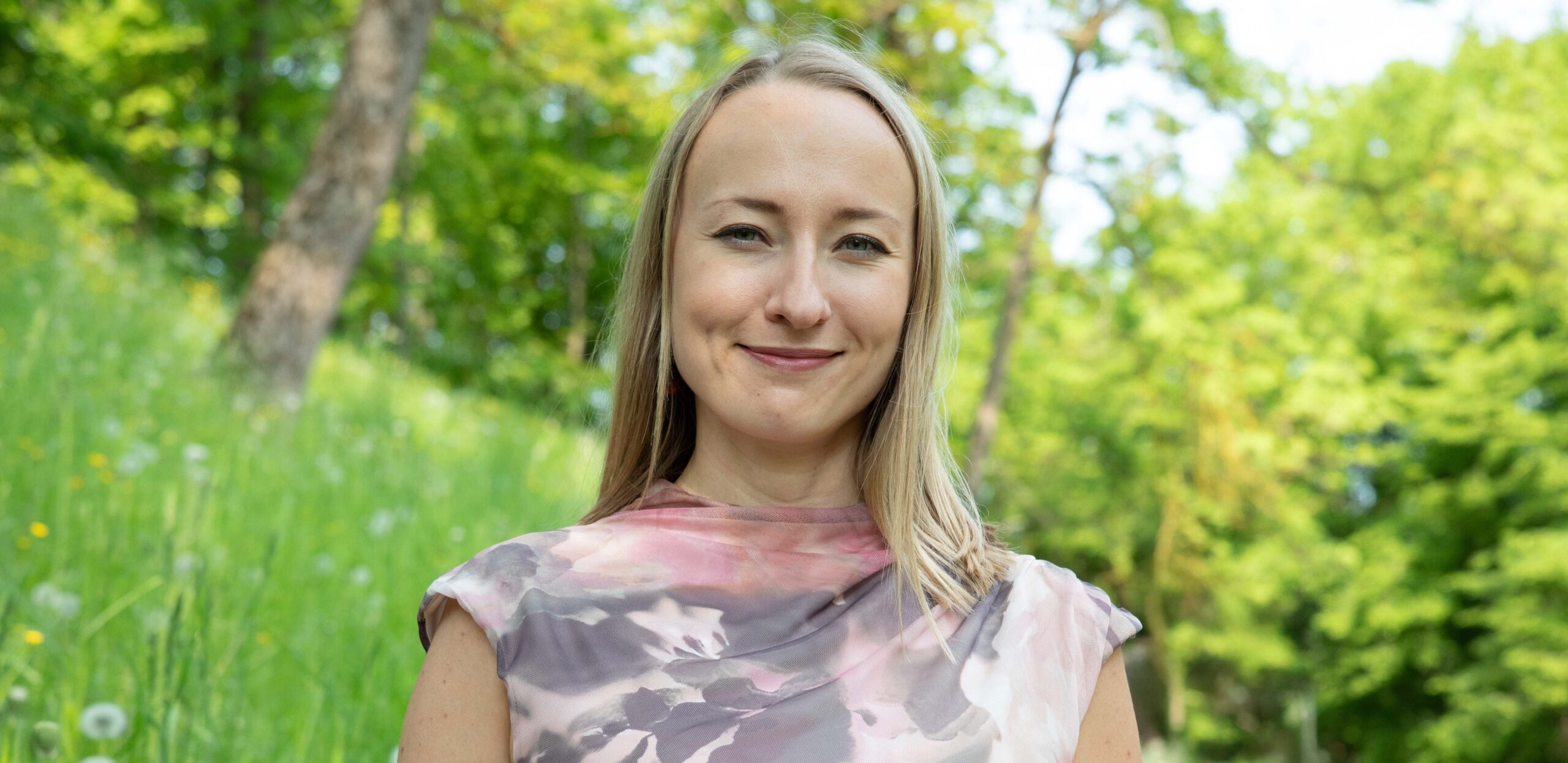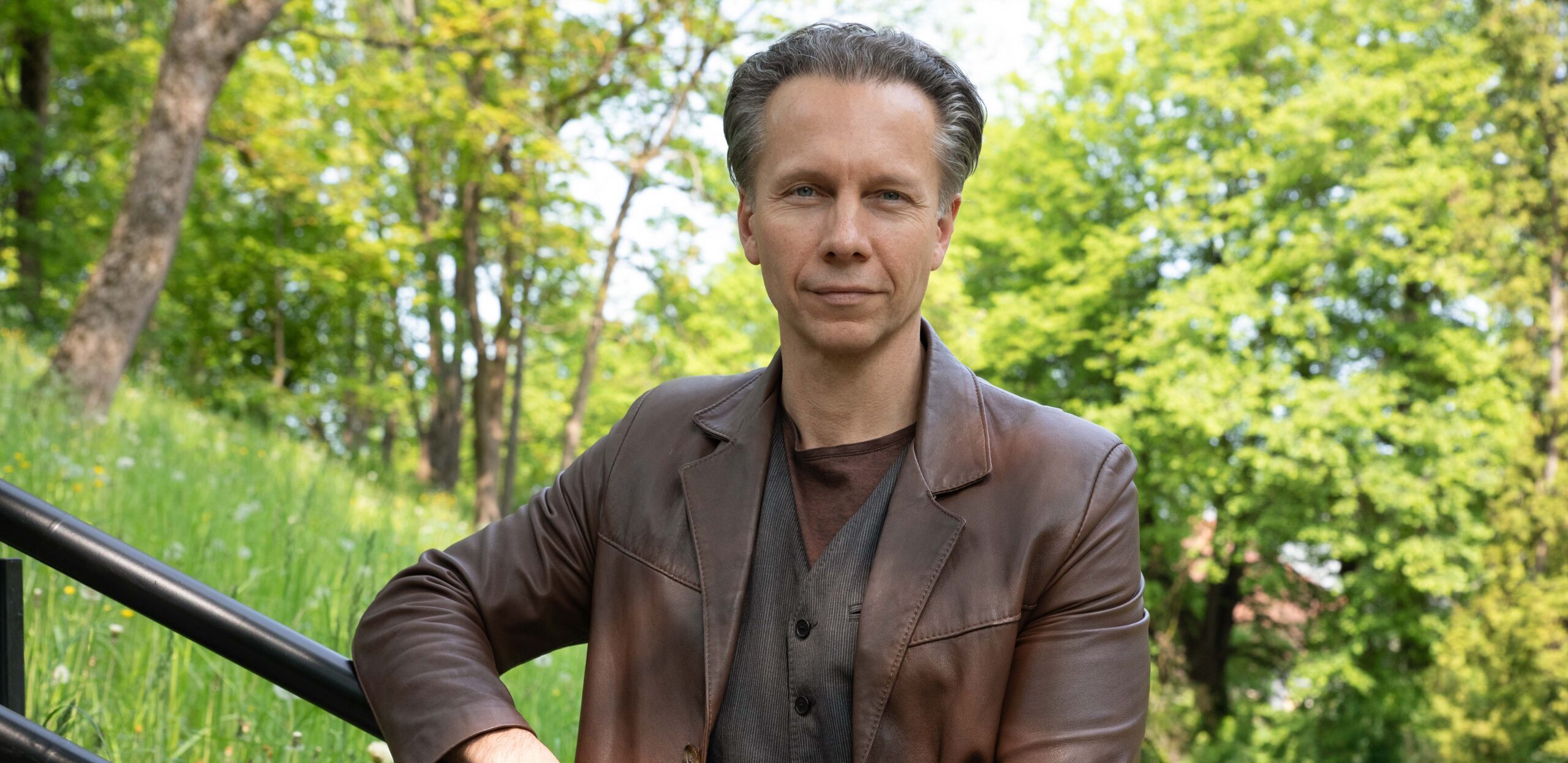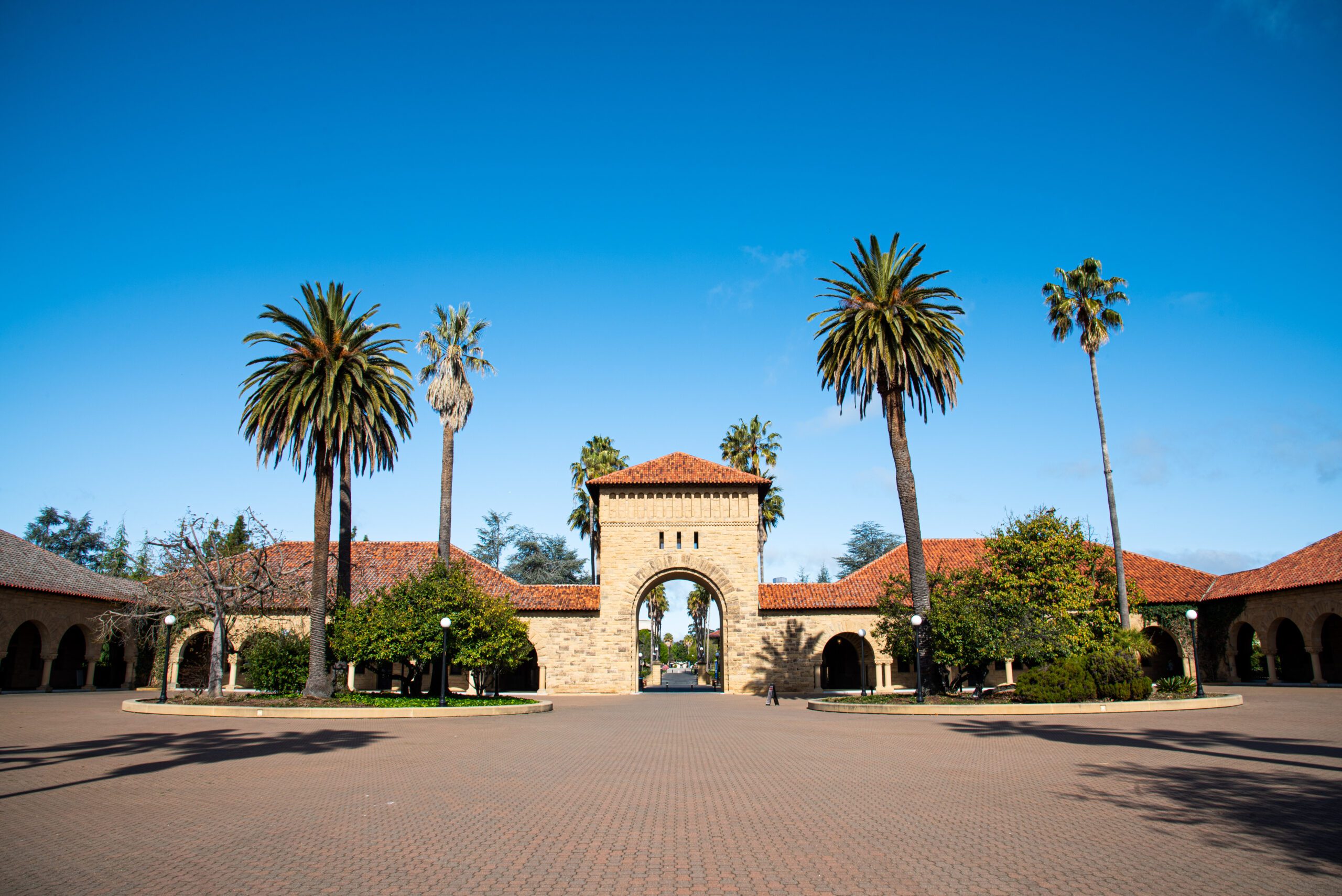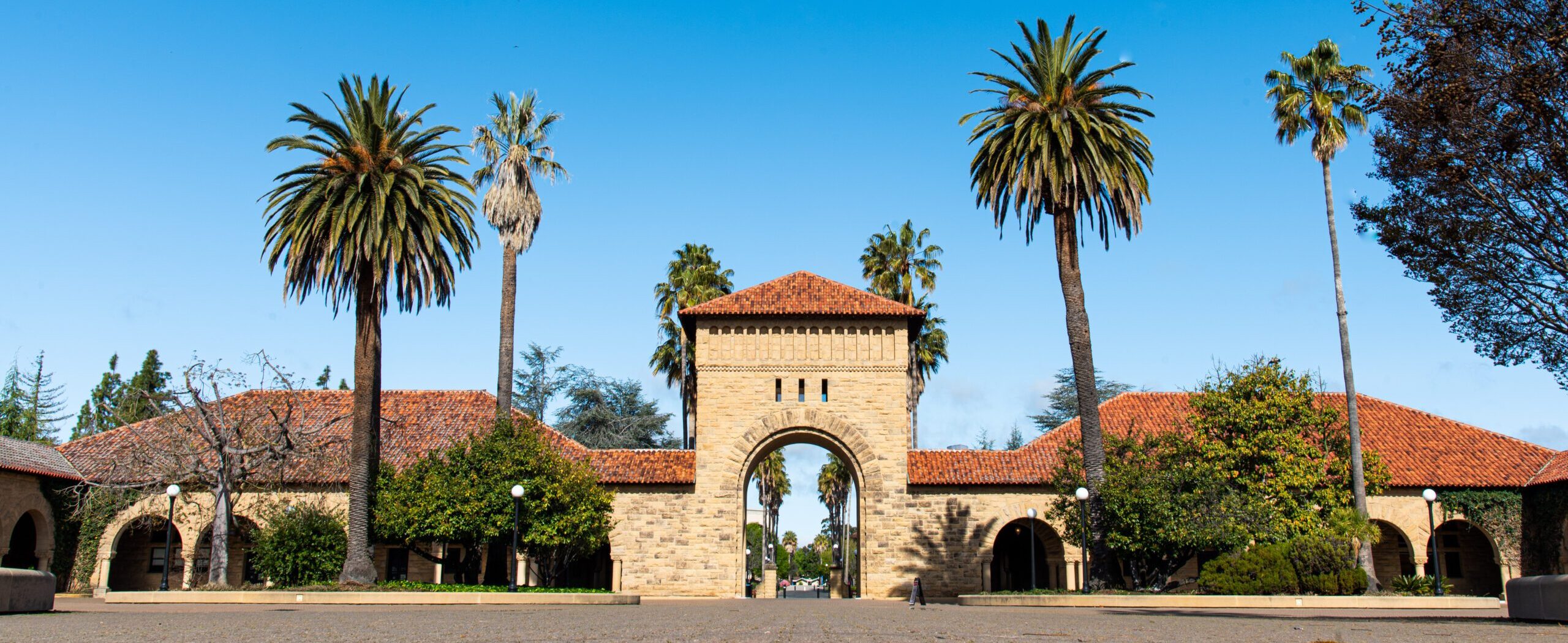The annual 2-6-month fellowships enable Estonian researchers to visit Stanford University and make use of its academic knowledge, networks, and collections related to the study of Estonian history, foreign policy, security, digital society and economy, cyber security, smart governance, and technology and trust. The fellowships also aim at enhancing Estonian scholars’ ability to share their knowledge of and experience in issues related to these subjects with the research community at one of the top universities in the world and other relevant entities in Silicon Valley, thus contributing to a better understanding of these topics on a global level.
Maarja Merivoo-Parro, University of Jyväskylä
Estonians have experienced numerous waves of migration: some voluntary and others forced. From a macro perspective, those instances provide a telling vantage point onto the history of both nation and state. From a micro perspective, they encompass a plethora of poignant revelations about the human condition. While there are informative case studies, there does not yet exist a monograph which would encompass the totality of these migrations. With launching my ambitious monograph project I aim to do just that: span centuries and include the whole world. While at Stanford, I will be zooming in on the international connections pertaining to Estonian individuals and communities abroad in the 19th century and early 20th century until World War II.
Maarja Merivoo-Parro is dedicated to exploring the history of mentality at the crossroads of culture and politics and has extensive field work experience among Estonian communities from Abkhazia to Australia. She is a Fulbright scholar and currently holds the position of Marie Curie fellow at the University of Jyväskylä in Finland. Maarja has received national recognition for her work as a public intellectual bridging academia and society through documentary films, television and radio programs.

Mari-Liis Madisson, University of Tartu
How the infiltration of malign propaganda endangers hearts and minds: The securitization of russian disinformation in Estonian media
March 1st – April 30th 2026
My project investigates how disinformation is framed as a security threat in articles published in Estonian mainstream media, with the aim of advancing a semiotically informed understanding of securitization as a culturally and historically grounded process. As a NATO border state with a traumatic history of Soviet information control and a strong contemporary identity built around digital innovation, Estonia offers a particularly compelling case. The study draws on the Copenhagen school of security studies and semiotic analysis of e-threats to highlight the dominant rhetorical strategies, including the frequent use of war metaphors, affective amplification, and the personalization of threats. It also explores how references to Soviet propaganda and dystopian narratives from popular culture are mobilized to deepen the sense of urgency and legitimize extraordinary countermeasures. By critically examining these discursive patterns, the research sheds light on the broader dynamics of information securitization and reveals how the framing of threats can significantly influence collective perceptions of ontological (in)security, potentially reinforcing a persistent climate of distrust.
In addition to this research, I plan to use my time at Stanford to introduce the distinctiveness and potential of the cultural semiotic approach in the study of political communication. Developed under relatively peripheral conditions, cultural semiotics is well known among European humanities scholars, particularly in literary studies, but has received undeservedly limited attention in the broader global academic community. I aim to share my research that demonstrates the explanatory power of this approach in the fields of international relations and communication studies—particularly its applicability to the analysis of malign information-influence activities and meaning-making processes shaped by fear.
Mari-Liis Madisson is a cultural semiotician who works as a research fellow at the department of semiotics, University of Tartu. She is the principal investigator for the Baltic work package in the international research project Researching Europe, Digitalisation, and Conspiracy Theories (CHANSE-41). Her research lies at the intersection of critical security studies, cultural analysis, and strategic narrative theory. Focusing on the Baltic region, she explores how threats are discursively constructed under conditions of fear and uncertainty, and how collective meaning-making frameworks shape societal responses to hybrid challenges. Her work has been published in internationally recognised peer-reviewed journals, including Semiotica, Problems of Post-Communism, Media, War & Conflict, and European Security. She is the co-author of two monographs—Varjatud märgid ja salaühingud: vandenõuteooriate tähendusmaailm (Postimees, 2023) and Strategic Conspiracy Narratives: A Semiotic Approach (Routledge, 2021)—and co-editor of the forthcoming volume Through the Lens of Dread: Exploring the Meaning-Making of Fear in the Mediasphere (Tallinn University Press, 2025). Photo by Kerttu Kruusla.

Andreas Ventsel, University of Tartu
Short-Term Research Fellowship at Stanford University for Estonian Security and Foreign Policy Experts
How states and political actors shape public perception, frame conflicts, and promote identity narratives
March 1st – April 30th 2026
My research builds on political semiotics and currently centers on the semiotic analysis of anti-Estonian influence operations—how states and political actors shape public perception, frame conflicts, and promote identity narratives. During my visit to Stanford University, I aim to refine my new research agenda, the semiotics of deterrence which explores how deterrence strategies rely on audience perception and emotional credibility. In the context of current global tensions, such as the war in Ukraine and the U.S.–China rivalry, understanding the communicative power of deterrence is more critical than ever.
In my current project, I focus on Russian and Chinese influence operations in NATO member states, especially in the Baltic region. I examine how recent political developments have shaped deterrence strategies and how different actors define security. To explore this, I use the concept of strategic culture—shared beliefs shaped by historical experience—and approach it through the lens of strategic communication.
By applying cultural semiotics, I analyze how meaning-making processes differ across strategic cultures as a part of cultures and how these are used to build persuasive strategic narratives. This approach, which I call the semiotics of deterrence, helps identify the textual, verbal, and visual strategies behind deterrence efforts and reveals how these resonate with specific audiences. The goal is to support the development of more culturally informed and effective counter-strategies to resist hostile influence operations.
Andreas Ventsel is Professor of Political and Sociosemiotics at the University of Tartu. His interdisciplinary research encompasses semiotics, discourse theory, visual communication, security studies, and political analysis. He has published extensively in leading academic journals, including Media, War & Conflict, European Security, Armed Forces & Society, Europe-Asia Studies, and Theory, Culture & Society. Ventsel is the co-author of several books, such as Strategic Conspiracy Narratives: A Semiotic Approach (Routledge, 2021, with Mari-Liis Madisson, University of Tartu), Introducing Relational Political Analysis: Political Semiotics as a Theory and Method (Palgrave Macmillan, 2021, with Peeter Selg, Tallinn University), and Varjatud märgid ja salaühingud: Vandenõuteooriate tähendusmaailm (Postimees Kirjastus, 2023, with Mari-Liis Madisson and Mihhail Lotman). He is also the editor of Power of Emotions: On the Affective Constitution of Political Struggle. A Multidisciplinary Approach (Springer, 2025, with Peeter Selg).
Currently, Ventsel is the principal investigator of the Estonian Research Council grant PRG 1716, “Relational Approach to Strategic History Narratives,” and leads the project “Strategic Communication in the Context of the War in Ukraine: Lessons Learned for Estonia,” supported by the Estonian Defence Forces. Photo by Kerttu Kruusla.

Merle Maigre, e-Governance Academy
Global Digital Governance Fellowship at Stanford University for Estonian Scholars
Cyber Capacity Building – Innovations in International Cyber Support Based on the Experience of Small States
Unpacking specific cyber capacity-building experience that small states can provide becomes all the more relevant as the US Agency for International Development (USAID) has ended most of its programs. Drawing on lessons learned from countering large-scale cyber incidents in recent years in Albania, Costa Rica, Montenegro, Ukraine, and elsewhere, there is a growing need for programs of cyber capability support, including guidance, assistance, and dedicated capacity-building efforts.As international cyber capability support mechanisms grow, they must also mature.
Building on existing academic approaches, the research aims to better identify the requirements and opportunities for capacity-building interventions in both the public and private sectors. It seeks to pinpoint opportunities and constraints related to the most effective forms and tools for engaging in international assistance in cybersecurity. How can states that are small in terms of population and territory guide the cyber environment in a desirable direction on a much broader scale through well-targeted development cooperation? What approaches are most effective for securing critical infrastructure, building layered defenses, and fostering a whole-of-society approach to cyber resilience? I will collaborate with members of the Stanford cybersecurity community to verify and validate the provision of cybersecurity products and services that can have immediate operational impacts, to achieve short-to-medium-term objectives.
At e-Governance Academy in Estonia, I am currently responsible for leading a team that guides emerging countries in safeguarding their digital way of life. I am also privileged to be a project team lead for cybersecurity assistance projects in Ukraine, Moldova, Kyrgyzstan, Tajikistan, Albania, Montenegro, and North Macedonia. As a fellow, I would like to contribute to raising awareness of the Baltic studies program and cybersecurity in Estonia, and share some first-hand experience by delivering a public talk on Estonia’s cybersecurity capacity-building experience. That enables me to combine my current job with earlier experience as the director of NATO CCDCOE, and as the security policy adviser to the President of Estonia.

 Back
Back

